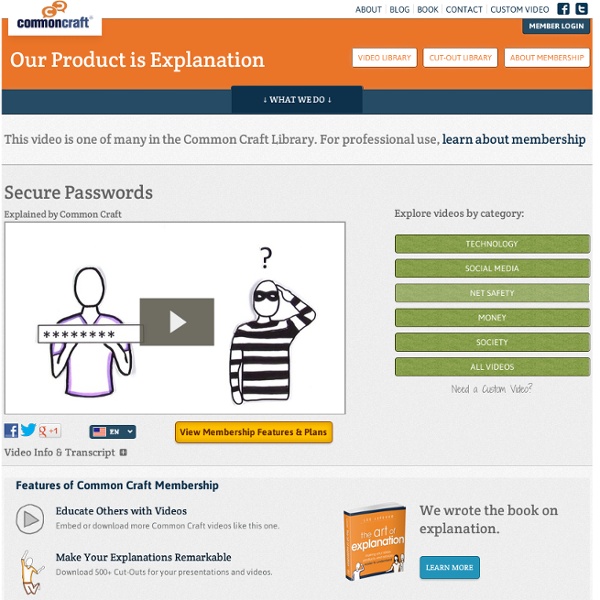Secure Passwords

Common Password Mistakes and How to Create Stronger Passwords « Flower Blossoms' Blog
A password is a secret word or string of characters that is used for authentication to prove identity or gain access to resources. We encounter passwords in our daily lives, at the ATM, when logging onto our home or office computers, or logging into our table TV decoder when purchasing a pay-per-view event. We use passwords several times per day when we are using our computers, such as retrieving e-mail from servers; accessing programs; databases; social networking websites; or even reading the morning newspaper online. The password is easy to locate Monitors are the last place anyone should find your password. Whether the password is long or short, complex or simple, a password that is written down on a Post-it note and stuck on your monitor, beneath your keyboard, or in your desk drawer (that has no lock) offers as much protection as a system that has no password in the first place. The password is too short and simple “susan” The password is too common “Bobby” “Jenny” “Scruffy” “MrFluffy”
s | Password Haystacks: How Well Hidden is Your Needle?
... and how well hidden is YOUR needle? Every password you use can be thought of as a needle hiding in a haystack. After all searches of common passwords and dictionaries have failed, an attacker must resort to a “brute force” search – ultimately trying every possible combination of letters, numbers and then symbols until the combination you chose, is discovered. If every possible password is tried, sooner or later yours will be found. The question is: Will that be too soon . . . or enough later? This interactive brute force search space calculator allows you to experiment with password length and composition to develop an accurate and quantified sense for the safety of using passwords that can only be found through exhaustive search. <! (The Haystack Calculator has been viewed 8,794,660 times since its publication.) IMPORTANT!!! It is NOT a “Password Strength Meter.” Since it could be easily confused for one, it is very important for you to understand what it is, and what it isn't: Okay.
Hacking Into Your Account is as Easy as 123456
The big Hollywood pictures always make breaking into computers look like a fabulously hip and complicated process. It involves excitement and ingenuity and often times, because it's just so difficult and exciting, a bit of sweat on the brow. But in reality, it's as easy as "123456". And if that doesn't work, we'd suggest trying "12345", next. A report released today looks at a list of 32 million passwords and what it finds doesn't say good things about most of us and our password practices. The report, released by data security firm Imperva, works with real-world data to arrive at its finding. Like children who won't eat their vegetables, we obviously aren't doing what we're told when it comes to the basics of password security. The report goes on to give a list of recommendations that, as it points out from the beginning, you probably won't follow. According to the data, a brute force attack would likely be able to access 1000 accounts in a mere 17 minutes. Photo credit: danielleblue.
How Secure Is My Password?
Related:
Related:



